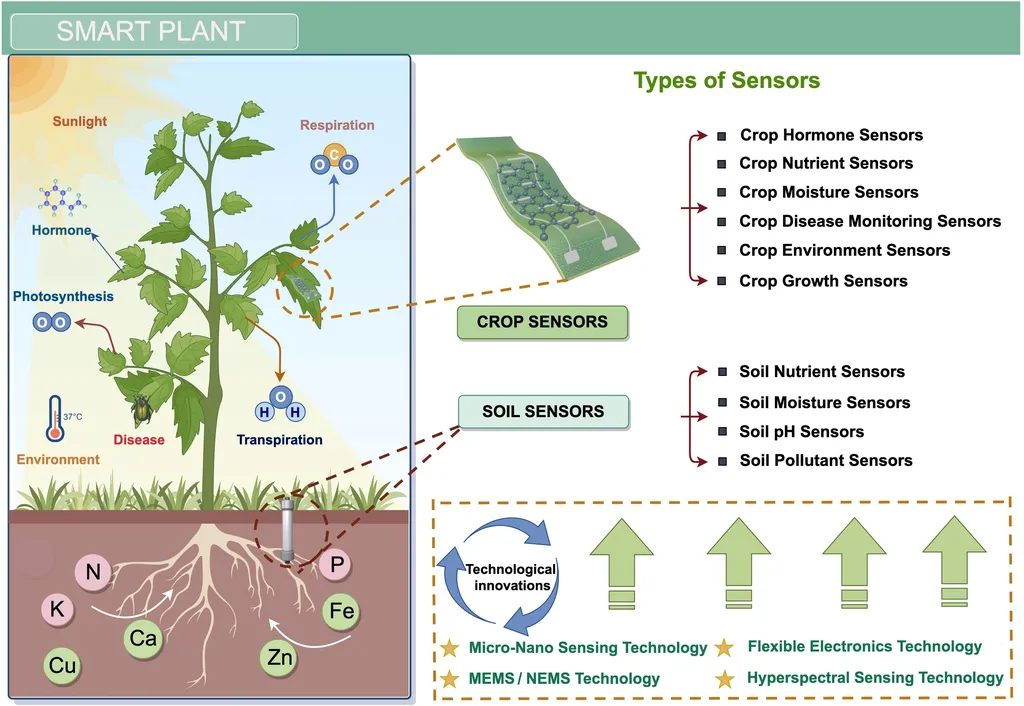In the heart of China, researchers are pioneering a technological revolution that could reshape the way we monitor and protect our oilseed crops. Youwei Jiang, a scientist at the School of Biological Science and Medical Engineering, Hunan University of Technology, is at the forefront of this innovation. His team is exploring the potential of electrochemical biosensors, a cutting-edge tool that promises to detect diseases in oilseed crops like rapeseed, soybean, and peanut with unprecedented precision.
These biosensors, enhanced with nanomaterials, offer a trifecta of advantages: high sensitivity, portability, and cost-effectiveness. “Timely diagnosis is crucial,” Jiang explains. “Many pathogens lie dormant or produce invisible toxins, leading to significant yield losses before any symptoms appear.” This early detection capability could be a game-changer for farmers and the energy sector, which relies heavily on oilseed crops for biofuel production.
The research, published in the journal *Foods* (translated as “Foods” in English), highlights several key innovations. Nanostructured electrodes, aptamer- and antibody-based probes, and signal amplification techniques have all enabled the detection of pathogen DNA, enzymes, and toxins at ultra-low concentrations. Imagine a future where farmers can swiftly identify and address potential threats to their crops, ensuring a stable supply for the biofuel industry.
However, challenges remain. Signal interference from plant matrices, limitations in device miniaturization, and the absence of standardized detection protocols are hurdles that need to be overcome. Jiang envisions a future where AI-assisted data interpretation, biodegradable sensor materials, and integration with agricultural IoT networks enable real-time, field-deployable disease surveillance. “This integration could support sustainable agriculture and strengthen food security through intelligent crop health monitoring,” he says.
The potential commercial impacts for the energy sector are substantial. By ensuring a steady and healthy supply of oilseed crops, these biosensors could contribute to the stability and growth of the biofuel industry. Moreover, the ability to detect diseases early could reduce crop losses, making the production process more efficient and cost-effective.
As we look to the future, the work of Youwei Jiang and his team offers a glimpse into a world where technology and agriculture intersect to create smarter, more sustainable practices. The journey is not without its challenges, but the potential rewards—both for farmers and the energy sector—are immense. In the words of Jiang, “The integration of laboratory innovations with field applications has significant potential in supporting sustainable agriculture and strengthening food security.” This is not just about detecting diseases; it’s about securing our future.

